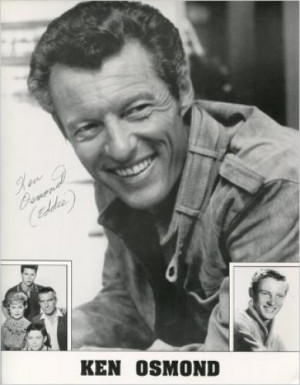

Though he was oft-times buffoonish, with little of Crabbe’s poise and grace, Van Dyke used comedy as a mask for deeper plans, a mask that he dropped with cold determination whenever he faced the Cybermen who killed the First Doctor. Van Dyke’s Second Doctor seems light and playful on the surface, but this masks a brilliantly inventive mind and an absolute abhorrence of injustice. The exuberant and swishing musical and variety show star was a stark contrast to Crabbe’s more solid take, but was all the more engaging to the young audiences that made Doctor Who such a hit.
#Eddie haskell meme series
How do you have Doctor Who with no Doctor? An off-hand remark by Crabbe that a time traveler might “age in reverse” upon death became a core staple of the series when he regenerated into Jerry Van Dyke, fresh off of the sitcom, My Mother the Car. Second Doctor: Jerry Van Dyke (1966-1969)Ĭrabbe’s refusal to re-sign a contract left Doctor Who with a problem.

“The Five Doctors” was since dedicated to his memory. He died only a month after filming his scenes for the latter Doctors reunion in April of 1983. He has returned to Doctor Who twice, once in 1973 for the tenth anniversary special, “The Three Doctors”, and again in 1983 for the 20th anniversary special, “The Five Doctors”. When Serling departed the show as producer in 1966, Crabbe allowed his contract to expire as well. The First Doctor gave Crabbe the chance to show off acting chops he had never had before, and while he still threw the occasional punch and ran from the menacing Daleks, more often he thought his way out of situations and offered an occasional darker take than his youthful roles. Crabbe agreed, and his portrayal of The Doctor as a deceptively powerful older man made him a hero grandfather to children almost instantly, as well a big hit for CBS, although his three costars-Lucile Ball as Barbara Wright, Desi Arnaz as Ian Chesterton-Cruz, and Annette Funicello as Susan Foreman-certainly helped matters. Serling convinced Buster Crabbe, the aging star of Flash Gordon and Buck Rogers, that he had one more hero in him.

Dann agreed, and Doctor Who was born, set to premiere on November 23, 1963. Serling had grown frustrated with CBS and the fight for Twilight Zone’s survival, and convinced CBS president at the time, Michael Dann, to let him executive produce the series. He was shocked and awed when Fletcher met him again in 1962 with what amounted to an entire season of serialized adventures featuring a mysterious man from another planet. Serling agreed, thinking it might make a good episode. The premise intrigued Fletcher, who offered to explore it in writing. During an initial meeting, the ever-prolific but inundated Serling mentioned an idea he had of a time traveler that would careen uncontrollably through space and time saving people. Burnt out from the struggle of fighting for the show’s survival, he approached Lucille Fletcher in 1961 to have some of her works, such as Sorry, Wrong Number and The Hitchhiker adapted for his show. In the early 1960s, Rod Serling had a critical success with The Twilight Zone, but the show remained always on the brink of cancellation, even going over it at times. What if Doctor Who was produced in America instead of the UK? And what if Disney bought the series in the 1990s? The Beginning
#Eddie haskell meme free
Feel free to add and theorize on if desired.) Blank version for those who wish to do this as well! (This is the history of this AU I came up with so far.


 0 kommentar(er)
0 kommentar(er)
